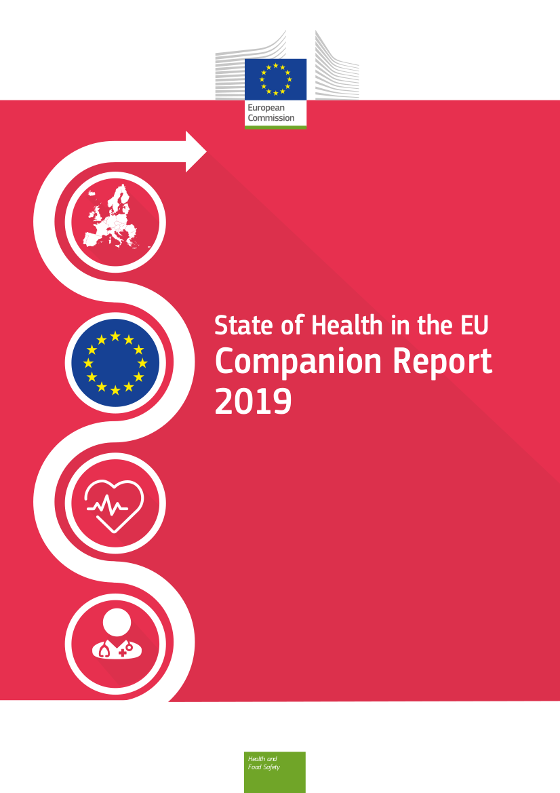 Europe is a Union of and for citizens. What matters to Europeans matters to the EU. It should come as no surprise that regular surveys and debates across the continent consistently rank health among the top priorities for European citizens. They are right to expect a high level of protection and it is up to all of us - in all the European capitals - to deliver.
Europe is a Union of and for citizens. What matters to Europeans matters to the EU. It should come as no surprise that regular surveys and debates across the continent consistently rank health among the top priorities for European citizens. They are right to expect a high level of protection and it is up to all of us - in all the European capitals - to deliver.
Today, Europe is the region of the world with the highest life expectancy. Yet this progress is slowing down, while inequalities between and within countries are widening. Citizens worry that the lives of their children will be more difficult than their own. The challenges facing our continent include climate change, an ageing population, health threats such as antimicrobial resistance, a persistent digital divide and a growing polarisation that undermines our evidence-based policies. Business as usual is not enough. The cost of inaction in health can be disastrous, in terms of both human lives and economic impact.
How can we act? It all starts with a credible evidence-based approach. This is exactly the objective of the State of Health in the EU. It is an infrastructure to make health system information, expertise and best practices easily accessible to policymakers and policy influencers. This has been one of my key goals during my mandate as Commissioner, in direct response to President Juncker's mission letter back in 2014. The European Commission has stepped up its collaboration with the Organisation for Economic Co-operation and Development (OECD) and the European Observatory on Health Systems and Policies. The fruits of this collaboration, the biennial Country Health Profiles, have become a staple of knowledge and information among the EU health policy community.
Download: State of Health in the EU: Companion Report 2019 (3.784 KB).
Download from eHealthNews.eu: State of Health in the EU: Companion Report 2019 (3.784 KB).